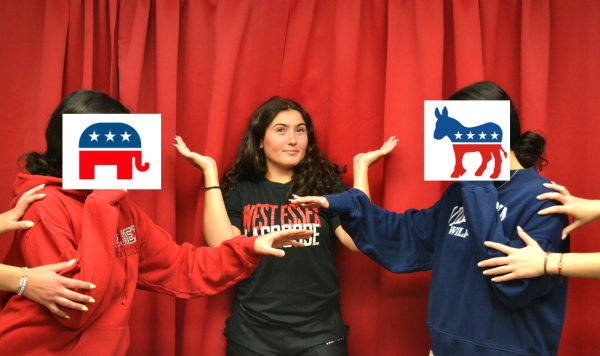STAFF EDITORIAL: Influencers are just like us: imperfect and insecure

After surpassing a certain threshold of followers on Instagram or TikTok, social media influencers won’t have to wait very long for their audiences to find something to criticize. From complaining that Alix Earle’s recent video of her eating habits is impractical, to arguing that Livvy Dunne’s edited Instagram post forms unrealistic expectations, the second someone gains some sense of popularity online, the world seems to create new, impossible expectations.
As influencers are thrown into the spotlight, they are automatically assigned the responsibility of setting a healthy, flawless example for fans. But the teenagers and young adults that fill our feeds were once just like us: making silly videos while struggling with insecurities and the same unrealistic societal standards we shun them for trying to live up to.
Scrolling for hours just like us, influencers are also seeing endless people to compare themselves to. They receive constant hate and judgment for posting videos that accentuate bad habits, but no one questions if it’s because they need help breaking them; they only care how they are impacting viewers.
The recent spike in criticism towards content that doesn’t fit into a small box has fostered a platform of hatred. Influencers don’t automatically become immune to insecurity when they build a following; in fact, it probably gets much worse. They know that thousands of people are watching everything they post. That huge amount of pressure forces them to try to look and act however society wants them to. The “clean girl aesthetic” and “what I eat in a day” trends affect them too, and it is unfair to make assumptions when we have no idea what it is like for our every move to be watched and analyzed. Not only are these young influencers impressionable, but they can see what videos are gaining traction and which aren’t. They shouldn’t be expected to not make content that made them “famous.”
They all started out like us, and if we put so much emphasis on relatability, we should stop encouraging and pressuring them to keep changing.




